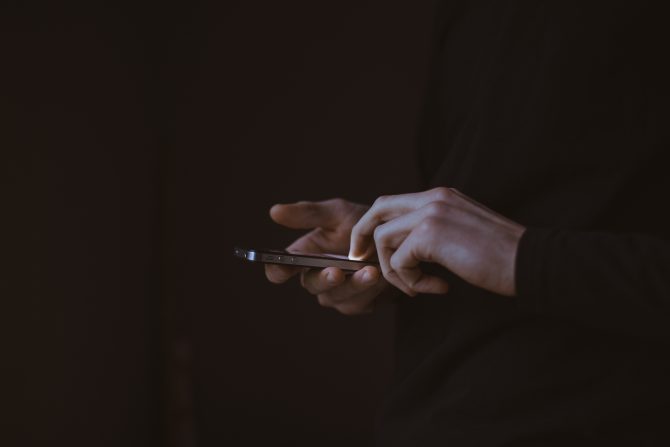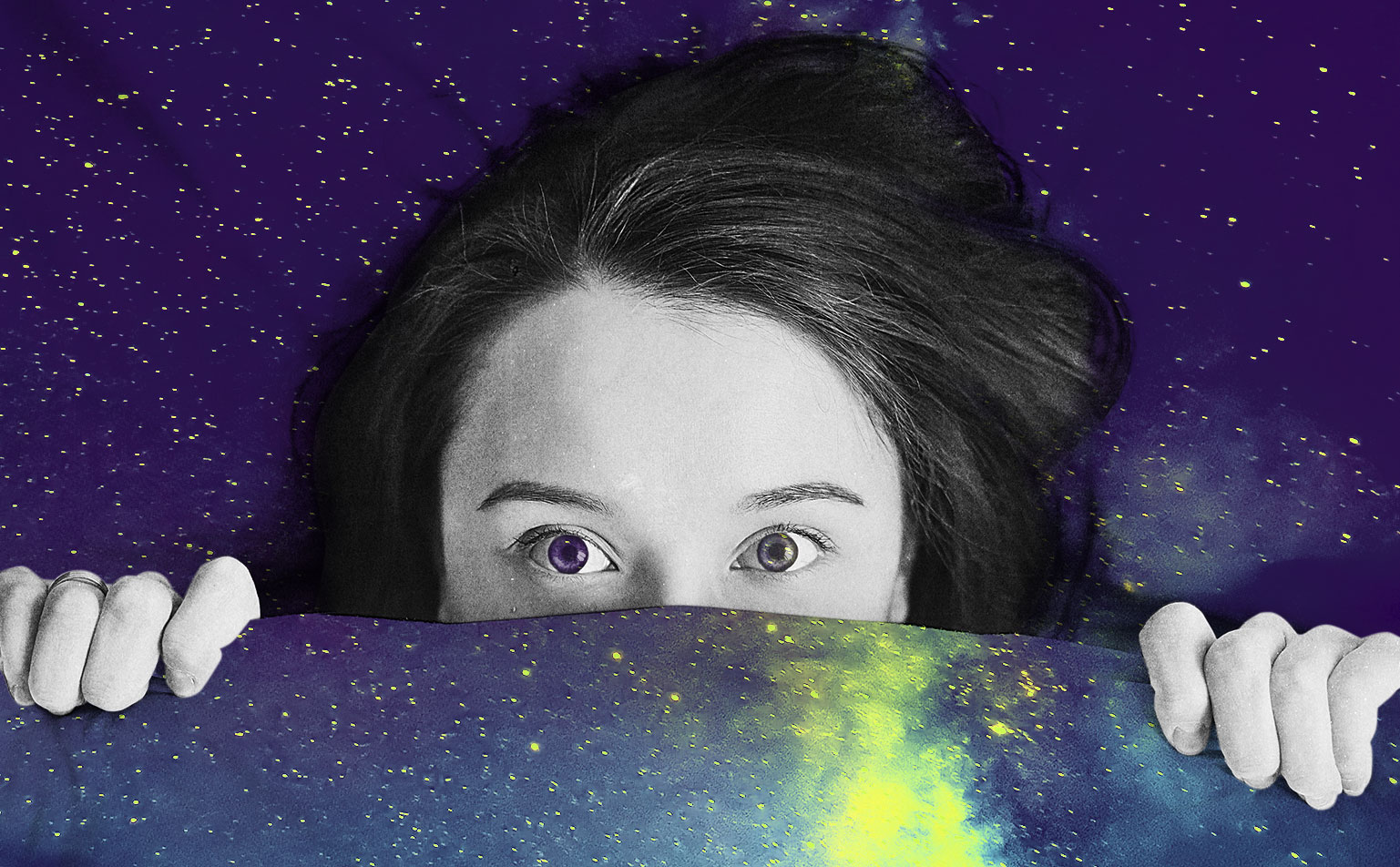Looking to get better sleep each night?
How many hours of sleep do you usually get? Experts say that young adults should be getting somewhere between 7-8 hours every night. If you’re getting 6 hours or less, your brain will not function at its best. This can lead to embarrassing moments. However, if sleep deprivation continues, it can lead to serious health conditions such as heart disease, weight gain, diabetes, and poor cognitive performance. Difficulty falling asleep could be for a number of reasons:
Bedroom Environment

Your sleep schedule can be impacted by light. Try turning your bedroom into a place of peace and relaxation. Hang fairy lights or soft lights that can dim before bed. When you’re ready for sleep, shut your blinds and block other lights from filtering into your bedroom; this can impact a good night’s rest. On the other hand, exposure to bright natural light in the morning can help you wake up gradually, in a way your body will appreciate.
Want to repaint your bedroom? Stay away from stimulating colors like red. Focus more on warm neutrals that will add to the relaxed vibes you want to capture.
If you have a hard time sleeping due to noisy neighbors or a snoring roommate, try earplugs or SleepPhones to drown them out and offer you some peace and quiet.
Generally, we sleep better when it’s slightly colder, so turn your bedroom temperature down to 18 degrees Celsius. This will save you money on utilities too! Read more about how you can change your bedroom environment to better your sleep with Forbes.
Active Lifestyle & Routine

Try to keep a regular schedule by waking up at the same time each morning. Your body will synchronize, growing tired at a good time so it’s easier to fall asleep. Daily exercise can also impact your sleep. So, you should aim to exercise around the same time every day. If you prefer to do this in the evening, end your workout three hours prior to bedtime. Otherwise, this becomes a “stressful” activity before bed that can negatively affect sleeping habits.
Turn It Off

Screens can emit blue lights that make our brains feel more awake. Try shutting down the TV and laptop and avoid using your phone at least 30 minutes before you tuck in. Experts say that the blue light can confuse your brain into thinking it’s time to be awake, which can keep you up longer. If you have no self-control when it comes to checking Instagram or watching Netflix before bed, turn your bedroom into a technology-free zone.
Apps

Technology can negatively affect our sleep schedules, however, apps such as SleepTime and SleepCycle can improve our quality of sleep. Although apps aren’t entirely accurate, they can determine if we are getting a fragmented sleep. This can help identify sleep cycles to figure out why we feel like zombies in the morning.
If you’ve tried all of this and you’re still not seeing improvement, check in with your healthcare provider. How much sleep you receive each night can be a major factor in functioning as a regular human or turning into a mindless zombie. So, make sure you’re getting enough of it!

Turn your downtime into uptime.
*Opinions expressed are those of the author, and not necessarily those of Student Life Network or their partners.




